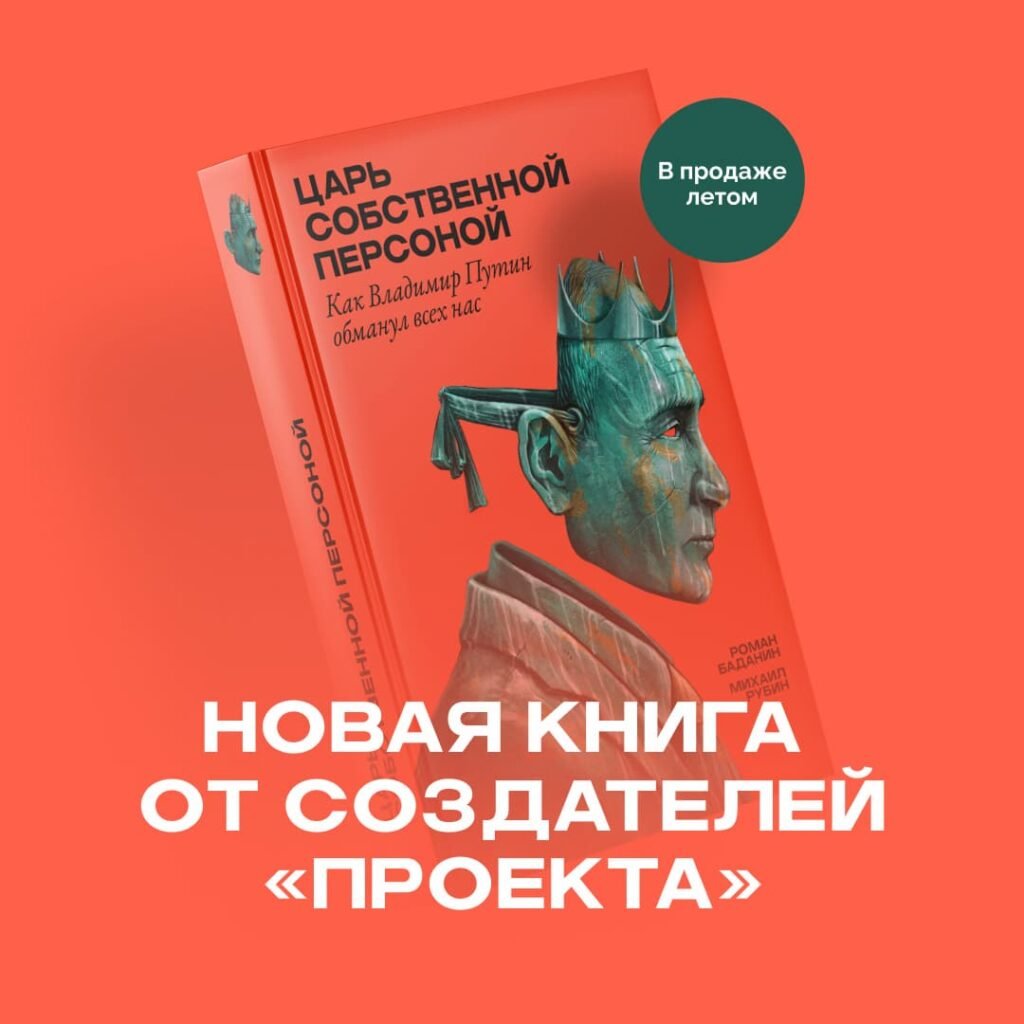A Tsar Behind Closed Doors
Vladimir Putin has spent decades cultivating the image of a stoic defender of tradition, but a new investigative book dismantles that façade. The Tsar In Propria Persona by Russian journalists Roman Badanin and Mikhail Rubin dives into the leader’s hidden private life — strip clubs, mafia ties, a crumbling marriage, and backroom deals — and argues that these details reveal more about his worldview than any official speech.
Breaking the Kremlin’s Taboo
For years, the Kremlin kept a tight lid on Putin’s personal life, treating it as off-limits territory. Badanin and Rubin, founders of the investigative outlet Proekt, defied that rule. Their reporting, built on leaked documents, eyewitness accounts, and archival fragments, sketches a forensic portrait of Putin’s rise from awkward Leningrad student to KGB operative to master of a system where family loyalty and criminal networks mattered as much as ideology.
“The private Putin is far more important than the public one,” Badanin told the International Consortium of Investigative Journalists. His habits, friendships, and betrayals, the authors argue, shaped the way he built his state: a fortress of secrecy, loyalty, and wealth.
Lessons from the Streets
One of the book’s most striking revelations is Putin’s early mentorship under Leonid Usvyatsov, a professional criminal and judo trainer in 1970s Leningrad. Usvyatsov taught the young Putin to take risks and trust force over persuasion. That influence, the authors note, lingered even after Usvyatsov’s death in a gangster shootout in 1994 — his gravestone reportedly reads: “Finally I am dead, but the mafia lives forever.”
These connections blur the line between Putin’s rise as a state servant and his reliance on networks born in the shadows of Soviet decline.
Marriage, Affairs, and the Luxury Habit
The book also documents the unraveling of Putin’s marriage to Lyudmila. By the late 1990s, she endured what friends described as “constant humiliations and betrayals.” Meanwhile, Putin developed a taste for expensive whiskey and opulent interiors, even as he maneuvered into Yeltsin’s inner circle. One source claims he maintained an affair in a state-owned apartment — a telling symbol of how private indulgence and public power intertwined.
From Strip Clubs to State Power
Putin’s frequent visits to Luna, a St. Petersburg strip club once under mob protection, illustrate the overlap between nightlife, business, and politics. Photographs of Putin at the club still hang on its walls. At the same time, he orchestrated a political ambush: supervising the takedown of Prosecutor General Yuri Skuratov, whose corruption probe threatened Yeltsin’s family. A leaked sex tape of Skuratov, broadcast on national TV in 1999, paved the way for Putin’s succession.
The Cost of Telling the Story
Publishing this book came at a heavy price. In 2021, Moscow police raided Badanin and Rubin’s homes. Both now live in exile in the U.S., where Proekt continues to investigate Russia’s ruling elite. “In a broad sense, this book cost us our homeland,” Badanin told ICIJ. Their exile underscores how dangerous it remains to pierce the veil of Putin’s regime.
Why It Matters
The Tsar In Propria Persona belongs on the shelf beside Catherine Belton’s Putin’s People and Karen Dawisha’s Putin’s Kleptocracy. But its contribution is unique: by daring to tell the story of Putin the man — not just Putin the president — it explains the logic of a system where personal loyalty trumps institutions, and private vices underpin public power.
In a Russia where archives are sealed, witnesses silenced, and memory systematically erased, Badanin and Rubin argue that oblivion itself has become Putin’s strongest ally. Their book resists that erasure, reminding readers that history is often written in the shadows — in the back rooms, private apartments, and strip clubs where power is quietly forged.




